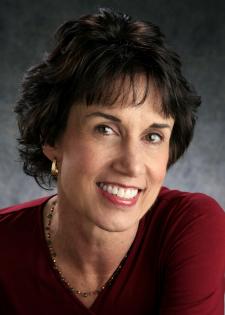Best Advice from our College Counselors
Posted on Fri, 11/02/2012 - 12:59
October is the cruelest month for high school college counselors, besieged on all sides with seniors intent on applications and juniors beginning their college search and testing. So we gave the counselors a pass for the month. Instead of our Counselor of the Month feature, we bring you a round-up of best advice from the counselors who have graced our website with their guidance and wisdom. Read on to learn their recommendations for applying and financial aid, mistakes to avoid, guidance for students with learning differences and undocumented students, and do's and don'ts for students -- and parents, as well. One of our personal favorites? From Albuquerque Academy's Ralph Figueroa: "Proofread. Spell Czech is knot yore friend and it will betray ewe." See more from Figueroa and others here:
Alice Kleeman, Menlo-Atherton High School, Atherton, California
What is your best advice for applicants?
Have fun with the process; you have the opportunity to think about who you are and who you want to become. Why shouldn't that be enjoyable?
Jayne Caflin Fonash, Academy of Science, Loudoun County, Virginia
What is the biggest mistake you see students make in applying to college?
















